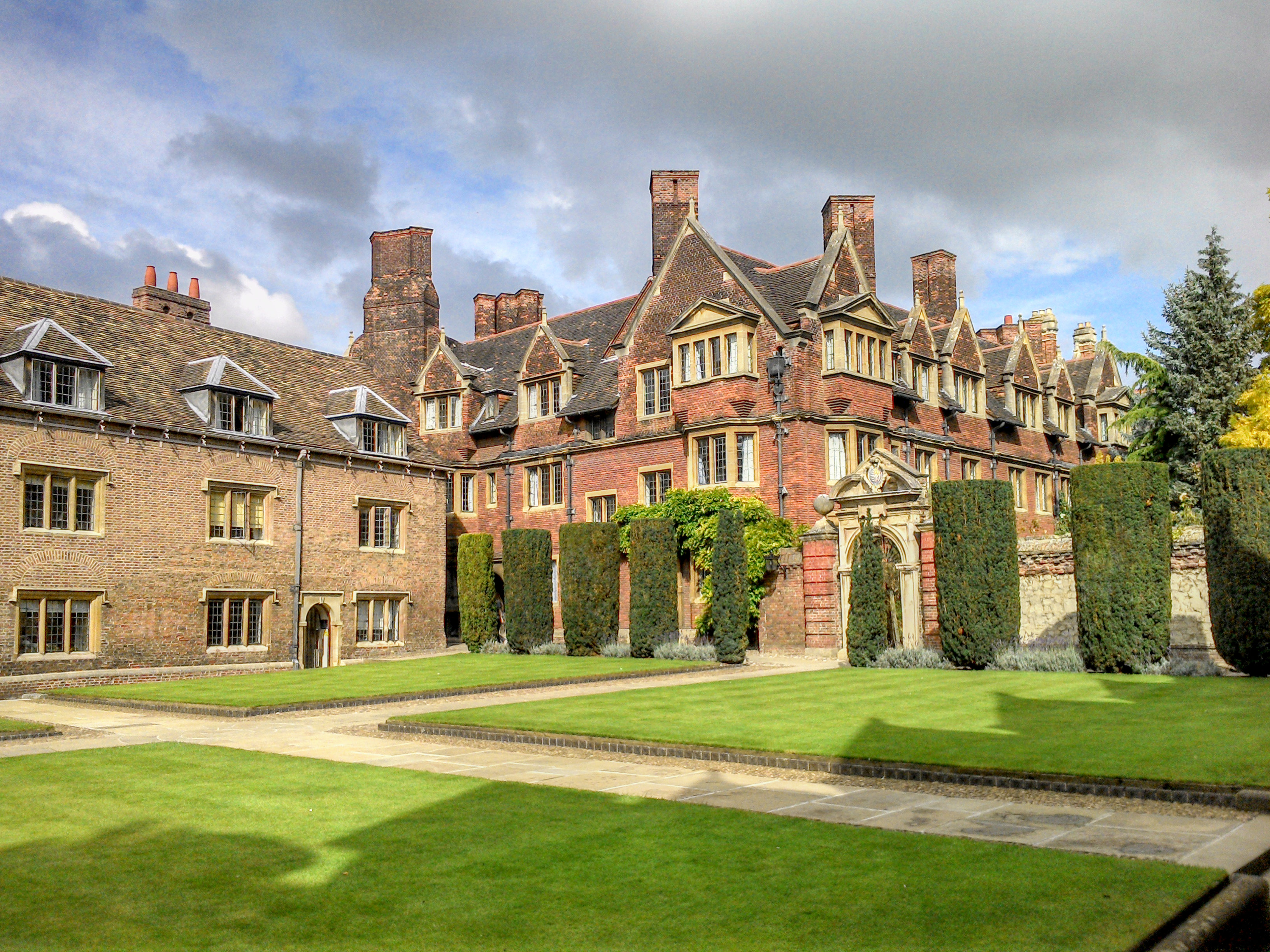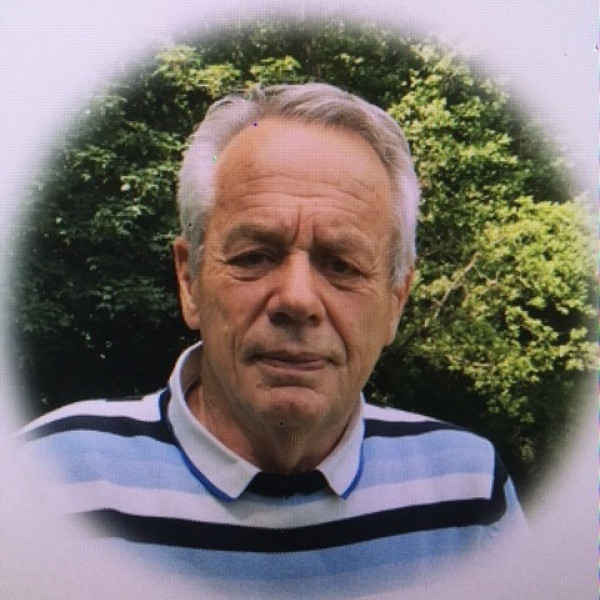Mr Christopher Adams
Barebones Biopic:
I failed the eleven plus exam and was thought to be very stupid; looking back I was very dyslexic which had not been invented in those days. I learnt to draw pictures of the biology, chemistry and physics lessons and in that way got to Pembroke in 1957. Words were difficult but pictures were wonderful! I had to work hard to compensate for my dyslexia. I graduated as a foundation scholar and with a First in 1960 (much to my school science master's anguish) and then went onto Guy's Hospital for the clinical part of learning to be a doctor. In those days one could not do the clinical part at Cambridge and one had to move either to Oxford or London.
I had decided to be a neurosurgeon while at Pembroke--finding the brain structure and function fascinating and realising I was best using my hands. I qualified in 1963. In 1967 I wrote a thesis (with an exam) to get the Cambridge M.Chir degree. I also won the Jacksonian Prize of the Royal College of Surgeons for a thesis on the biomechanics of the Cervical Spine. Sadly the importance of movement of the spine has yet to be fully appreciated in the genesis of spinal cord and nerve root damage due to Cervical Spondylosis. Maybe one day it will be!
In 1968/69 I worked at the Radcliffe Infirmary, Oxford and then completed my neurosurgical training in London.
April 1st 1972 I started as Consultant Neurosurgeon at the Radcliife Infirmary (aged 33years) and in 1975 became the senior neurosurgeon. I stayed at the Radcliife Infirmary until it was shut down around 2000; I continued to operate elsewhere until 2007 when I retired at the age of 68. I had a particular interest in the surgery for epilepsy, spinal surgery, pituitary surgery, microsurgery and the cause and treatment of trigeminal neuralgia. In 1983 I published a critique of the then theories for explaining this painful condition and learnt how much emotion was associated with academic discourse!
I think there were two things which helped my career. I inherited from my Mother an ability to talk with people as well as being optimistic--both essential attributes for a surgeon, especially a neurosurgeon. Secondly I came from a family of manual workers and engineers. George Adams was the pre-eminent Victorian flatware silversmith while another Adams (F P Adams) made rather beautiful clocks. Most of my more recent relatives were engineers. Perhaps this is why I never found operating stressful- I believe I was the first neurosurgeon in the UK to use an operating microscope. However, the converse was true in as much I found committee work excessively awful and came to avoid it at all costs. This is perhaps why I never became President or Chairman of any organisation.
For a more interesting account of my life, I refer you to the attachment titled 'Oxford Neurosurgeon'.

